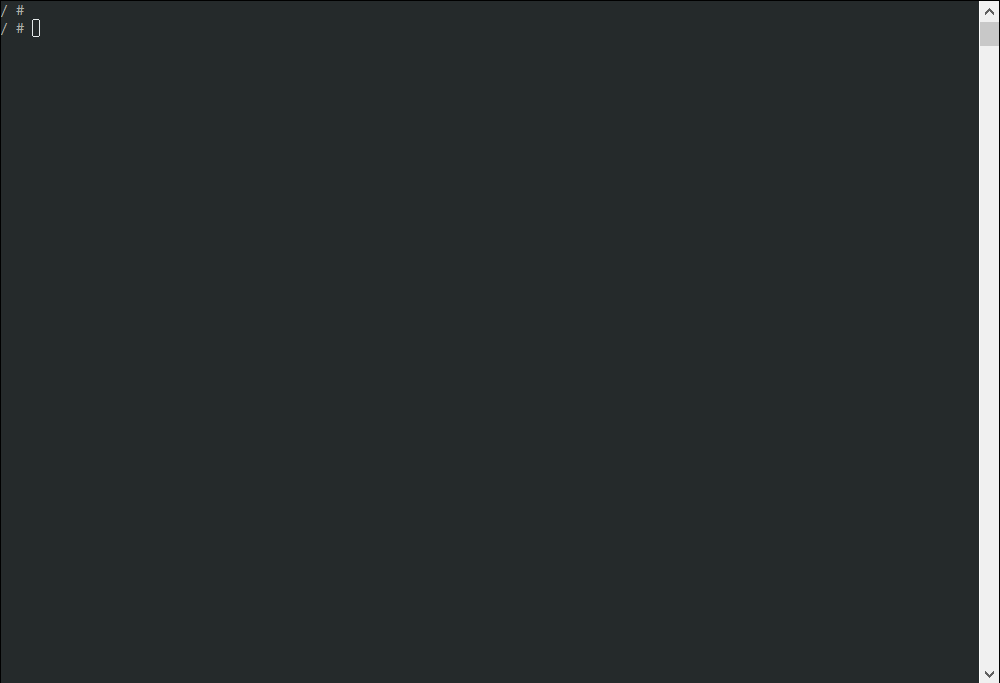Meqa generates and runs test suites using your OpenAPI (formerly Swagger) spec in YAML. It makes REST API testing easy by generating useful test patterns - no coding needed.
- Understands the object relationships and generates tests that use the right objects and values.
- Verifies the REST call results against known objects and values.
- Verifies the REST call results against OpenAPI schema.
- Verifies the REST call results against request as well as previous responses.
- Produces easy to understand and easy to modify intermediate files for customization.
- Performs positive/negative/datatype fuzzing and logs failures
First, build the binaries.
make binary: Builds and placesmqgenandmqgobinaries inbin/directory
Use your OpenAPI spec (e.g., petstore.yml) to generate the test plan files. The commands are:
bin/mqgen -d testdata -s testdata/petstore_meqa.yml -a path: Given the test directory path and OpenAPI spec file,mqgengenerates a test planpath.ymlintestdata.bin/mqgo run -d testdata -s testdata/petstore_meqa.yml -p testdata/path.yml: The tests inpath.ymlare executed and results are logged toresults.yml.
The run step takes a generated test plan file (path.yml in the above example).
- simple.yml just exercises a few simple APIs to expose obvious issues, such as lack of api keys.
- path.yml exercises CRUD patterns grouped by the REST path.
- The test yaml files can be edited to add in your own test suites. We allow overriding global, test suite and test parameters, as well as chaining output to input parameters. See meqa format for more details.
$ mqgen --help
Usage of mqgen:
-a string
the algorithm - simple, object, path, all (default "all")
-d string
the directory where we put the generated files (default "meqa_data")
-m string
the paths in this file will be ignored
-s string
the swagger.yml file location (default "meqa_data/swagger.yml")
-v turn on verbose mode
-w string
the allowed APIs file location
$ mqgo run --help
Usage of run:
-a string
the api token for bearer HTTP authentication
-b int
batch size (default 10)
-d string
the directory where meqa config, log and output files reside (default "meqa_data")
-f string
fuzz type: none, positive, datatype or negative (default "none")
-h string
the host's base url
-l string
the dataset path
-p string
the test plan file name
-r string
the test result file name (default result.yml in meqa_data dir)
-re
reproduce failures
-s string
the meqa generated OpenAPI (Swagger) spec file path
-t string
the test to run (default "all")
-u string
the username for basic HTTP authentication
-v turn on verbose mode
-w string
the password for basic HTTP authentication
For details see the docs directory.
